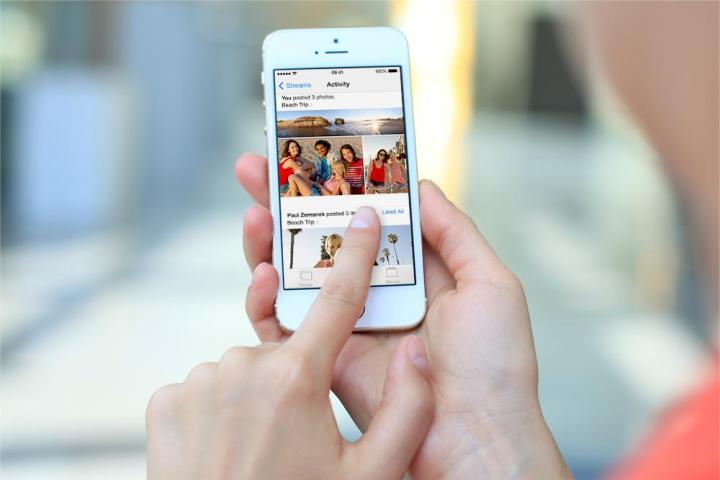
Cook, who’s set to unveil new Apple hardware in just a few days’ time, told the Wall Street Journal that customers will soon receive alerts via email and push notifications if another person attempts to perform actions such as change an account password, restore iCloud data to another device, or when a device logs in for the first time. The notification system should be in place within two weeks, the CEO said.
Currently, Apple customers receive an email if their Apple ID password is changed or when an account is accessed by an unrecognized device, though no message is sent if their iCloud data is restored. The introduction of push notifications should help to alert users more quickly of any suspicious activity on their account, though whether there would be enough time to get it locked down before hackers finish with it is questionable.
Related: Digital Trends’ guide to using iCloud
More importantly, the company also intends to highlight to users the benefits of using two-factor authentication, which adds another layer of security to an account by asking for a security code, as well as the account’s password. The system exists as an option for Apple account holders, however, many users either aren’t aware of it or don’t know how to set it up. Apple intends to change that by publicizing the process more widely.
In his interview with the Journal, Cook maintained the company line that the recent hack of celebrity accounts was not the result of a security weakness in Apple’s computer systems, but instead was due to phishing scams or hackers’ ability to correctly answer security questions to get hold of passwords.


